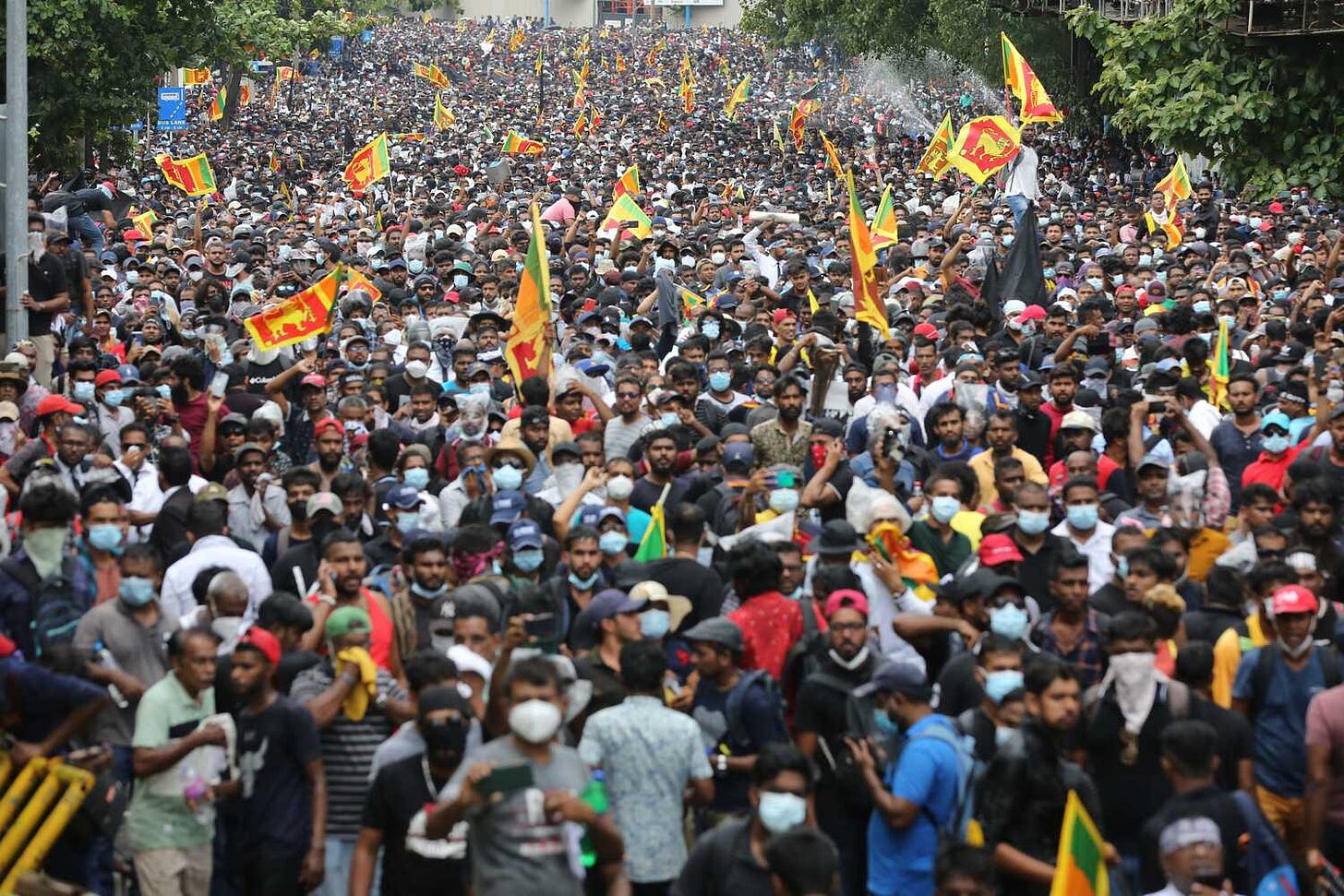What’s better for humanity: electric vehicles, or cigarettes??
The answer seems obvious, but several months ago, the S&P Global awarded Philip Morris International an ESG score of 84 (out of 100) and gave Tesla a 37!
(ESG stands for “environmental, social, and governance.” It’s a framework used to assess a company’s sustainability efforts and encourage more responsible, transparent practices.)
It didn’t surprise me one bit when Elon Musk blasted the ratings:
I’m with Musk. Something’s not right with that scenario.
Don’t get me wrong—I see the appeal of the ESG framework. Who doesn’t want businesses to be more socially responsible?
The world needs a new wave of conscious entrepreneurs committed to social and environmental responsibility. Because when business is practiced consciously, it elevates humanity.
However, ESG standards aren’t the way to create meaningful change.
In practice, many companies who adopt ESG initiatives have little investment in human flourishing. They tick the boxes that will make their company look good to investors—but at the end of the day, their commitment to improving lives is superficial.
Just look at Volkswagen, who admitted in 2015 that they had cheated on emissions tests for the U.S. Environmental Protection Agency (EPA). Companies “greenwash,” or make misleading claims about their environmental impact, all the time.
And the “socially responsible” criteria that accompany ESG are equally ineffective. Research shows that corporate social responsibility programs can actually backfire, “trigger[ing] poor employee performance because doing good deeds in one area encourages the employee to behave unethically in another.”
For many of these companies, the goal isn’t to improve the world. It’s to tug at investors’ hearts—and wallets.
To make matters worse, while ESGs claim to address issues like inequality, they actually foster greater inequality by making the rich richer and the poor poorer.
Take Sri Lanka—this developing nation scored very highly on the environmental components of ESG standards. But in 2022, the government faced massive protests due to food and fuel shortages spurred by a lack of development, resulting in the resignations of both the president and prime minister.

Pro-ESG often means anti-human flourishing. By overemphasizing environmental factors and neglecting economic growth, ESG investing hurts the poorest members of their society. (For more, see this Newsweek article I recently wrote with Gonzalo Schwarz, president and CEO of the Archbridge Institute.)
These ratings also ignore one of the most important components of conscious capitalism:
Who benefits from the company’s growth?
Will employees and local communities see the benefits, or will all the prosperity only flow upward (into the pockets of foreign investors and elites) and outward (into foreign economies)?
Many “conscious entrepreneurs” have been young white people who have come to the Global South, discovered our products, and built successful businesses out of them. For example: South American yerba mate has been promoted by the company Guayaki, Brazilian açai by Sambazon, and Chinese goji berries by Himilania. Each of these companies was founded by a young white entrepreneur who discovered healthy new ingredients in developing nations and built a business around it.
I respect this process.
But how much more powerful would it be if we also supported indigenous entrepreneurs in creating such products and companies, rather than just white foreigners?
I know dozens of African entrepreneurs at various stages of development who would benefit from additional support. They face harsh business conditions within Africa and typically do not have the rich support networks that exist in the U.S. and Europe—and, consequently, have a severe disadvantage.
Conscious capitalism isn’t about meeting a collection of artificial criteria, slapping trendy terms on packaging, or making a corporate mission statement that looks good to investors.
Truly conscious capitalism supports indigenous entrepreneurs and improves the lives of local people.
Africa needs African entrepreneurs, and business policies that benefit every African.
—Magatte Wade
Is it possible for Africa to be launched into middle class prosperity with dignity and respect?
Yes, absolutely. But entrepreneurship and business creation—not ESGs—are the solution. They are the ultimate tides that lift all boats.
Everywhere in the world, employment is the main way people can climb the income ladder. A dynamic economy fosters greater opportunity by providing more employment prospects, more goods and services to society, and diverse paths to flourishing.
Africa will only thrive when we support conscious African entrepreneurs to create successful companies while also working to improve the business environments of African nations.
And to support entrepreneurship and dynamism, we need to remove barriers to business creation and innovation. Equality of opportunity leads to less international inequality and more social mobility.
So, the next time you look for a “socially responsible” investment or product, don’t base your decision on ESG ratings. Instead, invest in African entrepreneurs or purchase African-sourced products.
That’s how we will progress toward Africa’s Bright Future.




